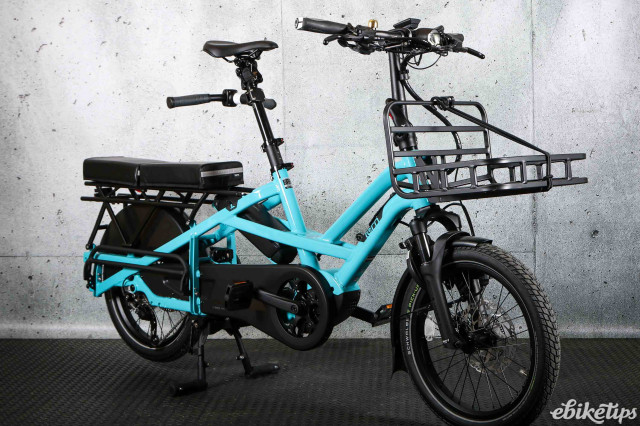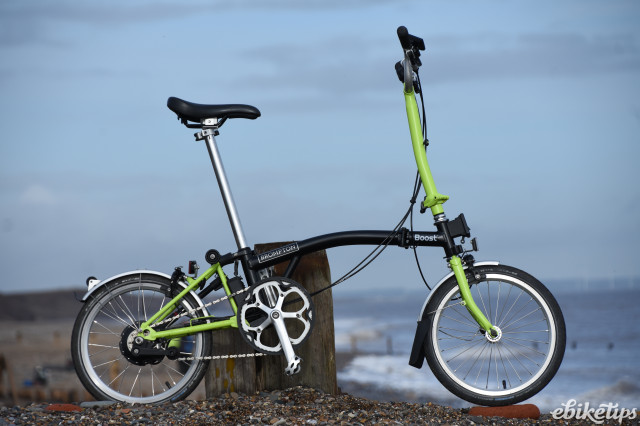As the UK's lockdown love affair with the bicycle begins to slow and people have been returning to their cars to commute, the Bicycle Association are urging the government to do more to make the public realise that e-bikes are an alternative. As the boom in bike sales during the lockdown had a limited effect on more expensive bikes - e-bikes included - the BA say that the government should consider subsidies in the form of discounts, including e-bikes in car scrappage schemes and slashing VAT on bike products.
9 of the best e-bikes under £1,000
Data shown that a great proportion of the bikes sold during lockdown were 'affordable and functional' models priced between £400-£1000, which makes sense when you consider many people were buying bikes to get their daily exercise during the earlier stages of the lockdown. The BA say that sales of bikes over £3,000 actually fell; and while e-bikes sales did pick up, the 50% year-on-year rise has been a regular pattern in recent years. Market research experts Mintel reported that 100,000 e-bikes were sold in 2019, up 40% from 73,000 in 2018, although the BA say this year the percentage of all bikes sold that were e-bikes dropped by 2% in April compared to the first quarter of the year.
It seems clear, then, that the balance needs to be addressed to incentivise the public to spend bigger on bikes that can act as car replacements, as well as a tool for getting exercise on the cheap; and the BA are urging the government to provide these incentives in the form of cash. They say that an incentive of just £250 could potentially double e-bike sales over 12 months, and they're also calling for e-bikes to be included as an equal value option in any car scrappage scheme. This would replace the most polluting motor vehicles with "the lowest of low-emissions vehicles", add the BA.
As well as financial incentives, the BA also say the government need to heighten awareness by making more Brits realise that e-bikes are a viable alternative to the motor car. They say: "The ‘awareness barrier’ could be addressed by implementing a public awareness campaign and promotions to show Government endorsement and encouragement of e-bikes as a mode of transport.
“E-bikes have huge potential to relieve the pressure on other modes of transport hard hit by COVID-19, without adding to city congestion. BA analysis using the Department for Transport-funded Propensity to Cycle tool suggests that widespread uptake of e-bikes could boost the percentage of commuter journeys cycled by up to 40 percent, even before new safe cycle route networks are built.
"The more widely available e-bikes are, the quicker this boost to cycle commuting could be realised."







